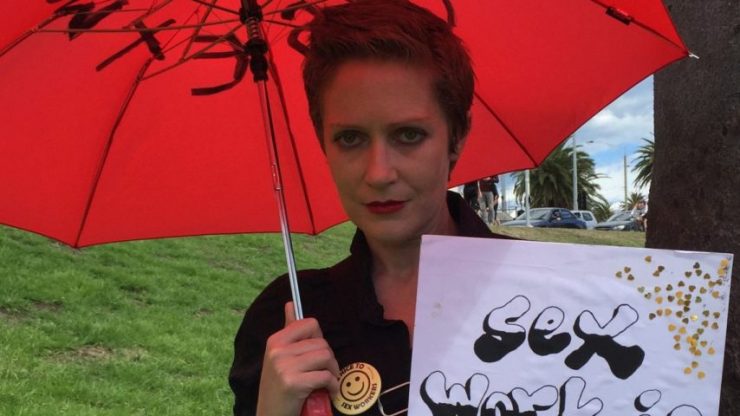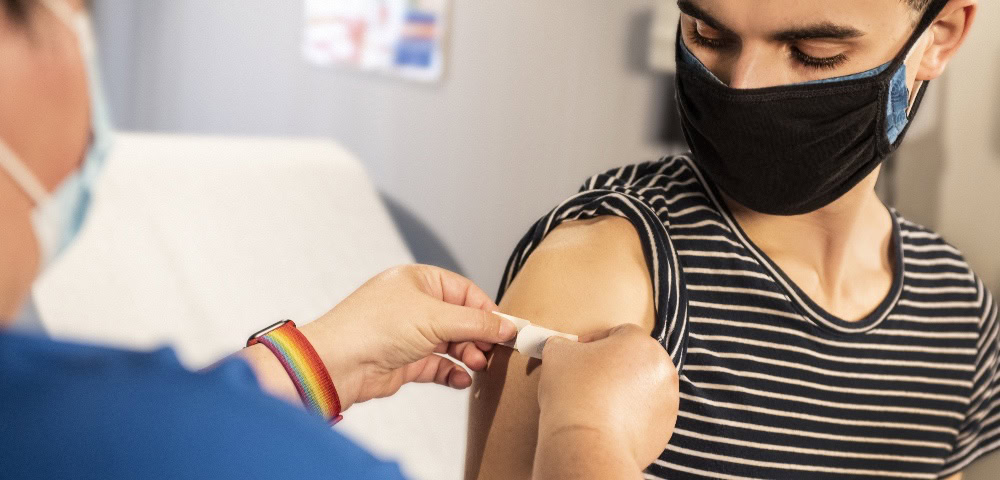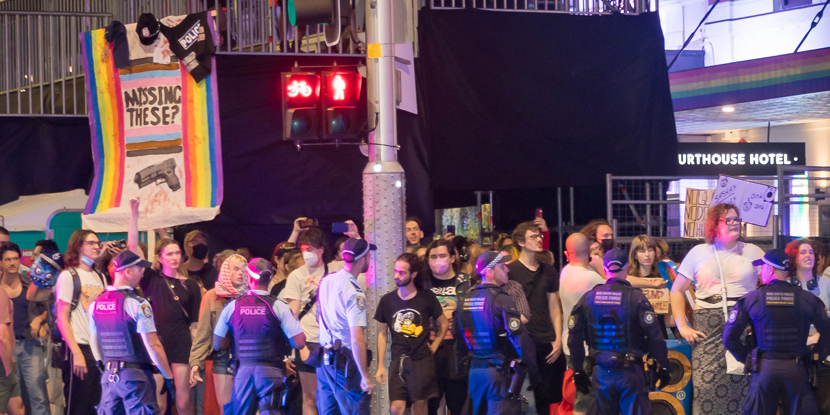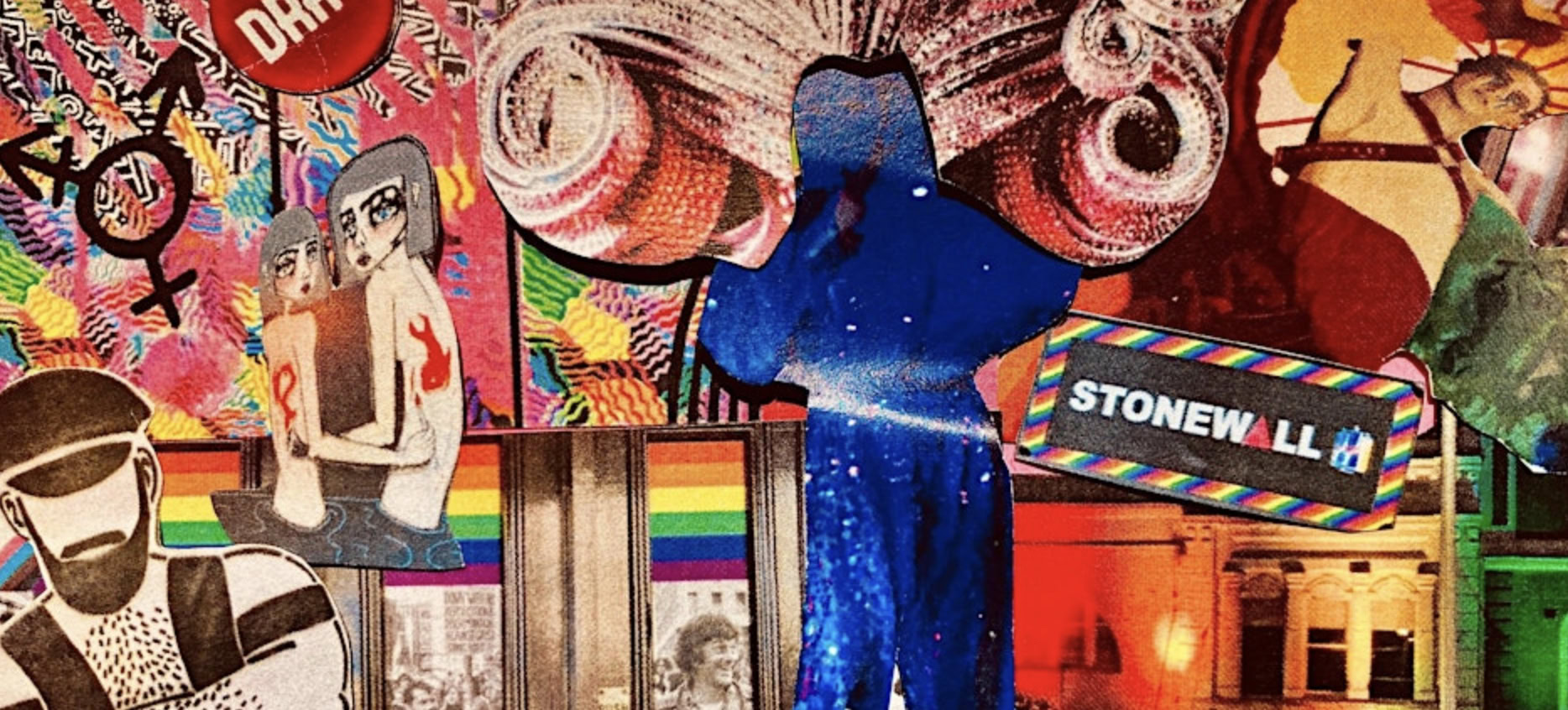
Why sex work in Victoria should be decriminalised

The Victorian Government is currently undertaking a review to consider whether decriminalisation of sex work in Victoria is necessary. Fiona Patten MP is leading the review, and submissions from those within the industry are currently being sought to help shape the outcome of the inquiry.
There are however more complex issues at hand, relating to outdated models of criminalisation of STD and HIV infections, which have often led to creating more harm than good within the industry
“Where this came out of was that the government went to the election saying that they would consider the decriminalisation of sex work if they were elected,” Fiona Patten explains.
“In holding to the commitment, they have asked me to chair this inquiry, into what decriminalisation of sex work in Victoria would look like.”
“When you decriminalise something, you can shine a greater light on that industry, you can create greater transparency, and hopefully in this case we will be able to address some of the stigma that surrounds sex work, which is largely about the perceived illegal nature of it.”
Many of the laws relating to sex work have become outdated, particularly in response to HIV positive sex workers and related health risks. The criminalisation of these individuals force sex workers to operate covertly, often fearing that detection will result in discrimination, stigma and even prosecution.
Jules Kim, CEO Scarlett Alliance, Australian Sex Workers Association expresses similar views, adding:
“Once you remove the criminal laws that pertain directly to sex work, those criminal laws that apply to everyone, such as trafficking or sexual assault, will still apply [to those in the industry]”
“[Decriminalisation] means sex workers can access industrial right protections like other workers, but it also means we are subject to the same responsibility as other workers.”
“Not only are we unable to access the laws that other ordinary citizens can access, we are also subject to problematic laws, which inhibit our safety, have criminalised the way in which we work, and are detrimental to our health and wellbeing.”
STI and HIV criminalisation ignore safer sex practices and beg the question – if we do not criminalise sex with an STI or HIV for the general public then how can the criminalisation of the same for sex workers be anything less than discriminatory?
“Mandatory Testing, or forced testing is not only a violation of sex workers rights,” Jules Kim continues.
“It is ineffective, costly and places an unnecessary burden on the public health system. It doesn’t prove anything and there is a multitude of evidence that mandatory testing is both ineffective and a breach of human rights.”
In 2014, the Andrews Labour government moved to enact an earlier commitment by removing HIV criminalisation from Victorian law, yet sex workers were specifically excluded from this change.
“In terms of HIV, sex workers are the only part of society, that are still so criminalised in Victoria. This is against public health goals and best practice; we need to be brought into law reform within that area. Mandatory testing has acted as a deterrent to getting tested and treatment, and it is against both state and national STI and HIV policy,” says Jane Green from the Vixen Collective.
“In terms of what we are asking for, it’s not anything special or different.”
“We are really just asking that sex work be recognised as work, and that sex workers be recognised just like other workers and to have the same rights as other workers in Victoria.”










Hello there
I have worked in Victoria of many years and also in other states without forced testing I and many other care about our own health and will test anyway . Also out call only for practice workers is not safe as your own controlled environment (incall) . The SWA is very unfair as with the stigma behind Sex Work to have to use our legal names on a list is dangerous and can effect people’s future employment